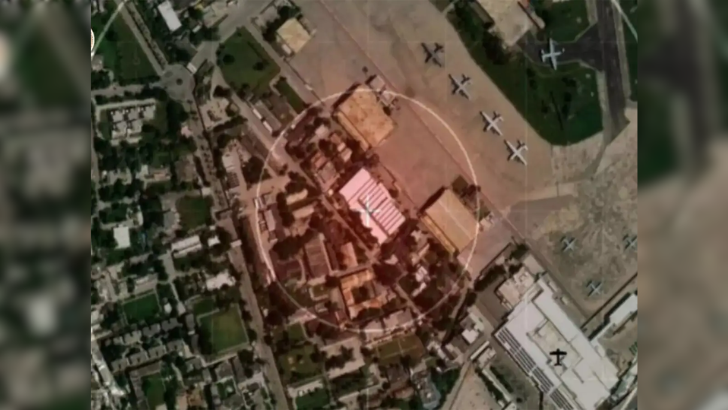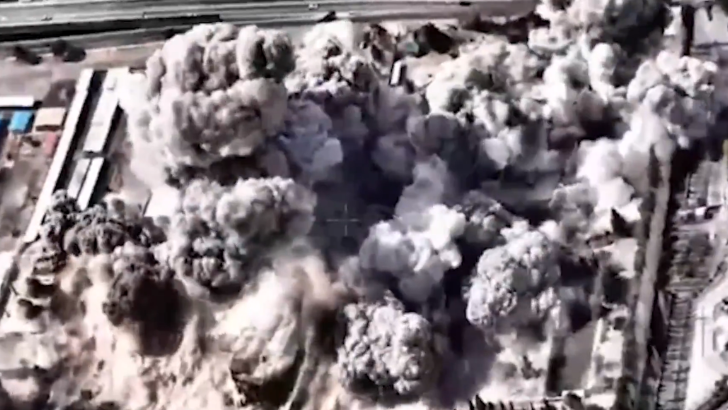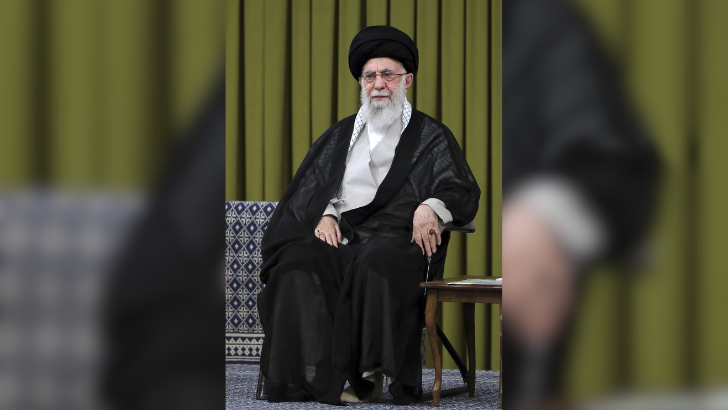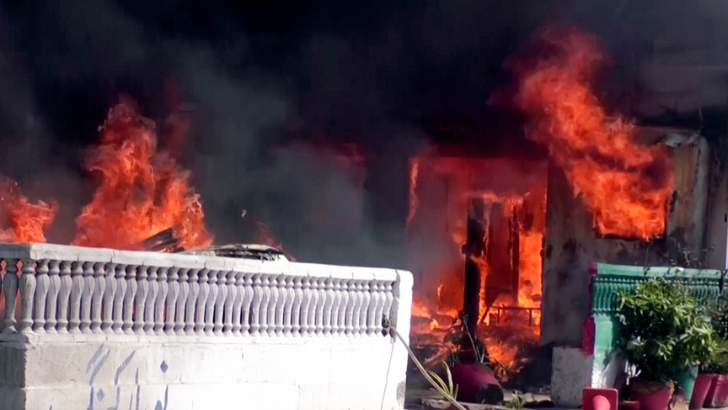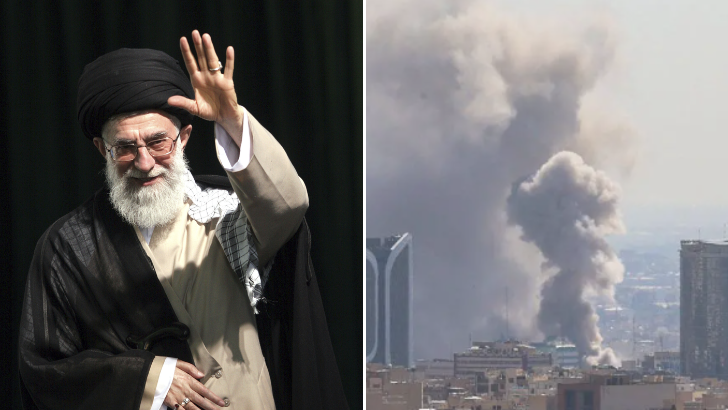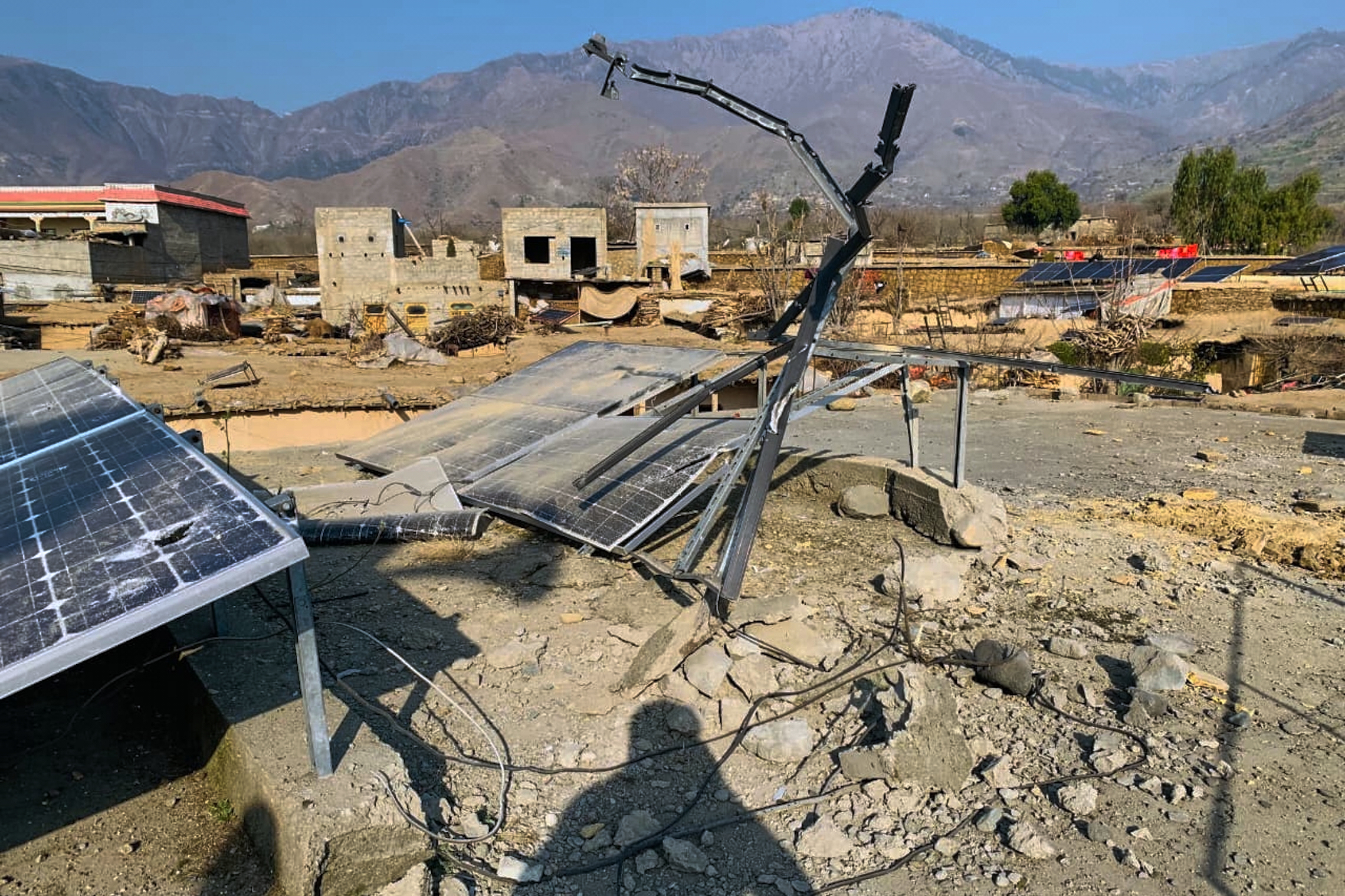Ukraine peace summit opens in Switzerland, Russia won't take part
Ukrainian President Volodymyr Zelenskyy's government didn't want Russia involved, and the Swiss — aware of Moscow's reservations about the talks — didn't invite Russia
AP
-
The conference is unlikely to produce major results and is seen as a largely symbolic effort on the part of Kyiv to rally the international community. PHOTO: AP
Geneva, 14 June
Switzerland will host scores of
world leaders this weekend to try to map out first steps toward peace in
Ukraine even though Russia, which launched the ongoing war, won't take part.
Ukrainian President Volodymyr
Zelenskyy's government didn't want Russia involved, and the Swiss — aware of
Moscow's reservations about the talks — didn't invite Russia. The Swiss insist
Russia must be involved at some point, and hope it will join the process one
day. Ukrainians, too, are considering that possibility.
The conference, underpinned by
elements of a 10-point peace formula presented by Zelenskyy in late 2022, is
unlikely to produce major results and is seen as a largely symbolic effort on
the part of Kyiv to rally the international community and project strength
against its better armed and numbered adversary.
But the question looming over the
summit will be how the two countries can move back from the brink and
eventually silence the guns in a war that has cost hundreds of billions of
dollars and caused hundreds and thousands of deaths and injuries, without Moscow
attending.
The conflict has also led to
international sanctions against nuclear-armed Russia and has raised tensions
between NATO and Moscow. The summit comes as Russian forces have been making
modest territorial gains in eastern and northeastern Ukraine, extending the
grip they already hold on about a quarter of the country.
Here's a look at what to expect
from the weekend gathering at the Burgenstock Resort on a cliff overlooking
Lake Lucerne.
Among the stakes will be simple
optics: How many countries the Swiss and Ukrainians can draw in. The bigger the
turnout, the bigger the international push — and pressure — for peace will be,
the thinking goes.
Swiss officials sent out some 160
invitations, and say about 90 delegations, including a handful of international
organisations like the United Nations, will attend. Roughly half will be from
Europe. Zelenskyy led a diplomatic push in Asia and beyond to rally
participation.
Several dozen attendees will be
heads of state or government, including French President Emmanuel Macron,
Polish President Andrzej Duda, Japanese Prime Minister Fumio Kishida, British
Prime Minister Rishi Sunak, German Chancellor Olaf Scholz, and Canadian Prime
Minister Justin Trudeau.
United States Vice President Kamala
Harris will meet with Zelenskyy on Saturday on the sidelines of the summit,
according to a senior Biden administration official. Harris, who is making a
quick trip to Lucerne to take part in the opening day, is also expected to
deliver an address before the gathering.
The official, who briefed a small
group of reporters on the vice president's plans on the condition of anonymity,
said Harris intended to focus her engagements on “defending and strengthening
the international rules-based order.”
US President Joe Biden, who was
wrapping up a visit to Italy on Friday for a Group of Seven summit, opted to
dispatch Harris and national security adviser Jake Sullivan. The president,
meanwhile, was headed to Los Angeles for a glitzy campaign fundraiser with
actors George Clooney and Julia Roberts, as well as former President Barack
Obama. Biden and Zelenskyy signed a 10-year security agreement Thursday at the
G7 summit.
Russia's key ally China will not
attend.
The Chinese Foreign Ministry has
said it believes any such international peace conference should involve both
Russia and Ukraine, although Beijing supports efforts to bring the conflict to
an end and is monitoring the developments in Switzerland.
The final list of attendees isn't
expected until late Friday, and question marks remain about how key developing
countries like India, Brazil and Turkey might take part, if at all.
But so far, under half of the 193
United Nations member countries are planning to attend, testifying to a
wait-and-see attitude in many world capitals. “Russia does not have a lot of
allies in this particular situation," said Keith Krause, a professor of
international security studies at the Graduate Institute in Geneva. “It has a
number of states that are susceptible to being pressured, and a few that
actually wish to stand aside, from what they see as a northern, US-Russia,
NATO-Russia confrontation.”
Leave a Reply
Your email address will not be published. Required fields are marked *








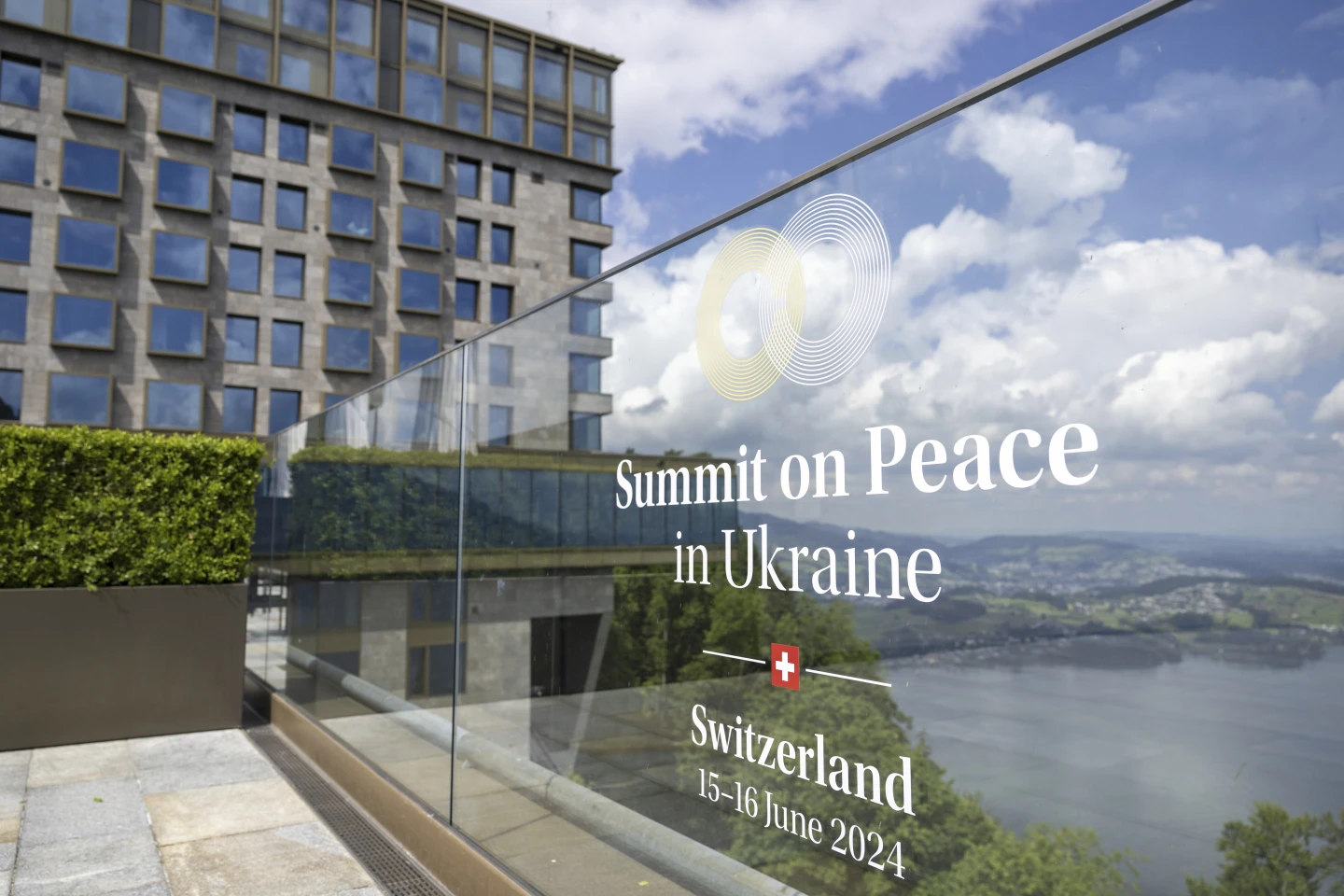

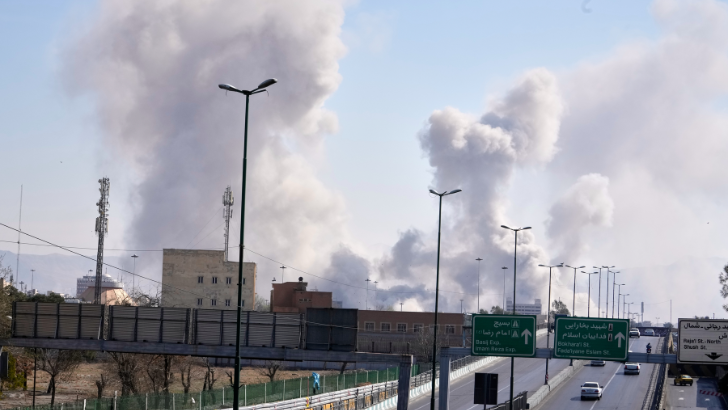
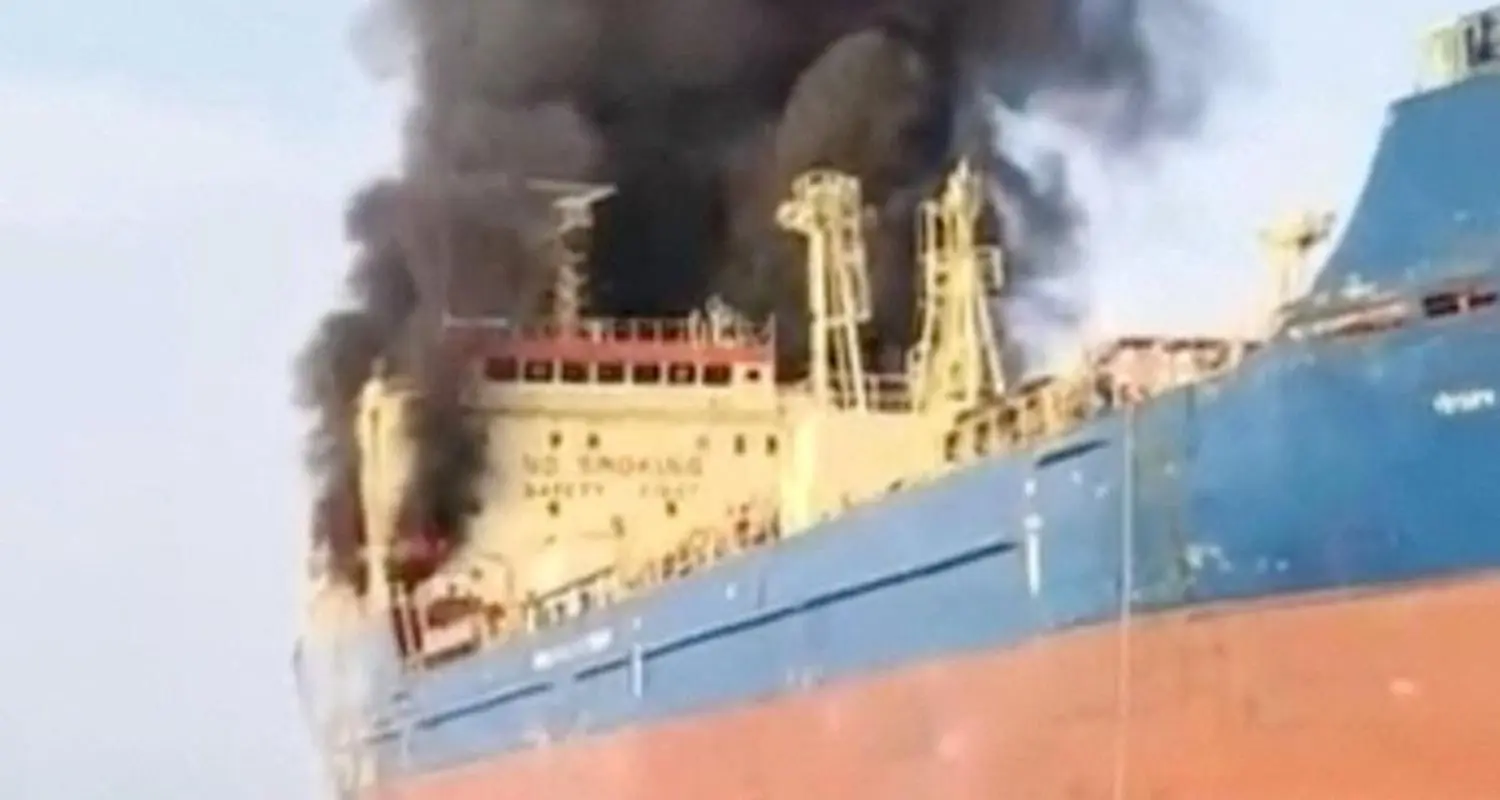
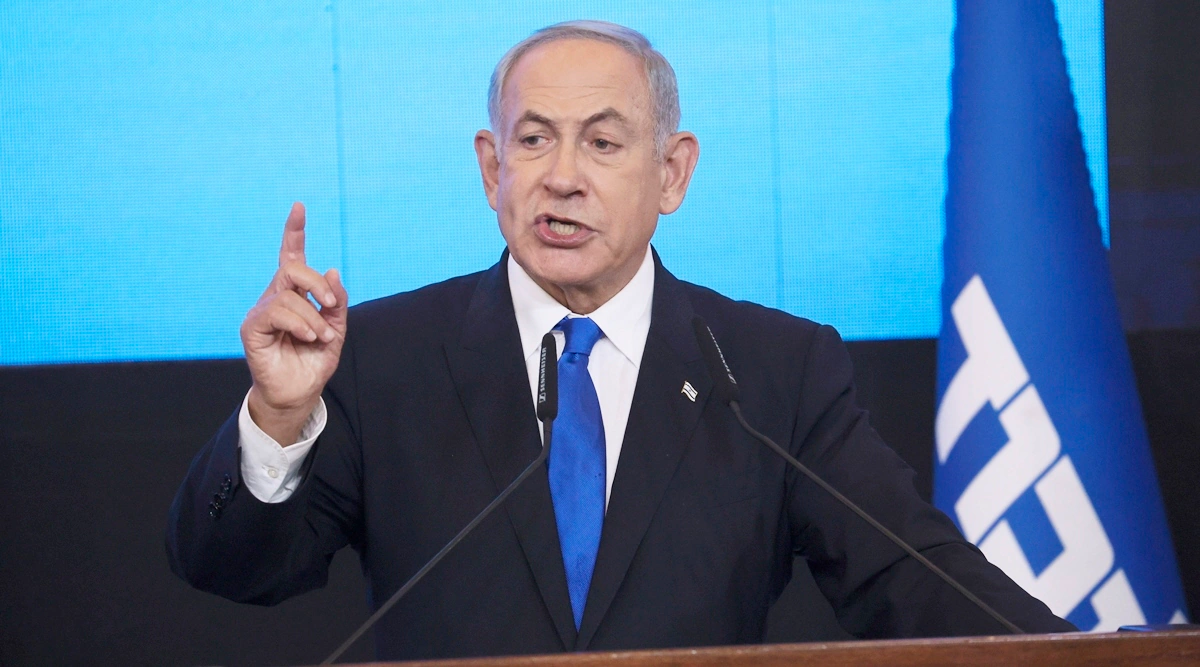
.jpg)
